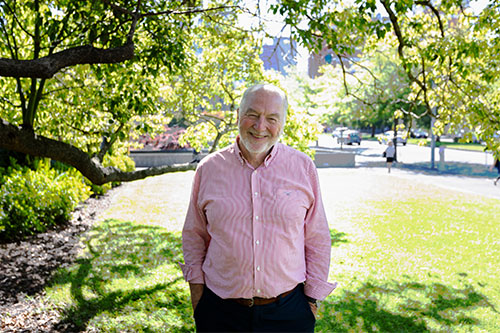
There has been a lot of discussion in the media recently about Australia’s poor results on PISA. Why are our students not doing as well as their peers in some other nations on international assessments?
Blame has been attributed to educational authorities, schools and teachers. Commentators have argued that we need higher quality teaching. However, the problem is more complex than this.
PISA-type tasks assess how well students can use their knowledge in reading, maths and science to solve problems. The skills assessed are perceived as essential Twenty First Century skills.
A major problem that the commentary has missed so far is how the Australian culture sees and values knowledge. The countries that do better than us in PISA see knowledge as something to be valued. It is a pathway to a better future. The students in those countries learn this attitude. They take it to school and it shapes how they see and value the school experience.
Another finding from PISA illustrates this point. Australian classrooms are among the least disciplined internationally with a substantially higher portion of 15-year-olds saying that their learning is disrupted by disorder and noise. Australia was ranked 70th out of 77 nations on disciplinary climate. This finding does not suggest a valuing of knowledge or the school experience by teenagers, soon to become adults.
Our Australian culture values knowledge differently from these more successful cultures. This value influences how our children think, what they bring to school and what their parents say about the value of education to their futures. Until we value knowledge differently, little can be expected to change in Australian students’ outcomes.
Cultural change is one factor on our results. A second is what our students are actually learning at school.
Educators and policymakers have talked about quality teaching for over two decades. They rarely say what it looks like or how to do it.
What do Australian students need to learn at school in order to improve their use of the types of 21st Century skills assessed by PISA?
- First, before students can apply their knowledge, they need to have it. Teachers need to teach knowledge explicitly. If, at the end of every teaching session, students were encouraged to say what they have learnt, suggest how they might use it in the future and take pride in what they knew now, the gap would start to narrow.
- Second, we need to teach students explicitly how to think about what they know; to infer, analyse, compare, evaluate and to generate new ideas.
- Third, we need to each them explicitly how to manage and use what they know and how to be teach themselves.
- Fourth, we need to teach them to be experts of their knowledge. We need to teach them to go back to topics they'd learnt earlier and revise them, make new links, practice applying them and to speed up recalling them.
- Fifth, we need to encourage them to see their learning successes, celebrate their new knowledge, take pride in what they are learning and want to use it.
Student outcomes will not start to change until the quality of teaching changes.
An explicit focus on knowing and learning is every classroom is critical. High quality teaching leads to high quality knowing and learning. Australian students can begin to learn to value knowledge more.
John Munro is a Professor at the Australian Catholic University’s School of Education.


